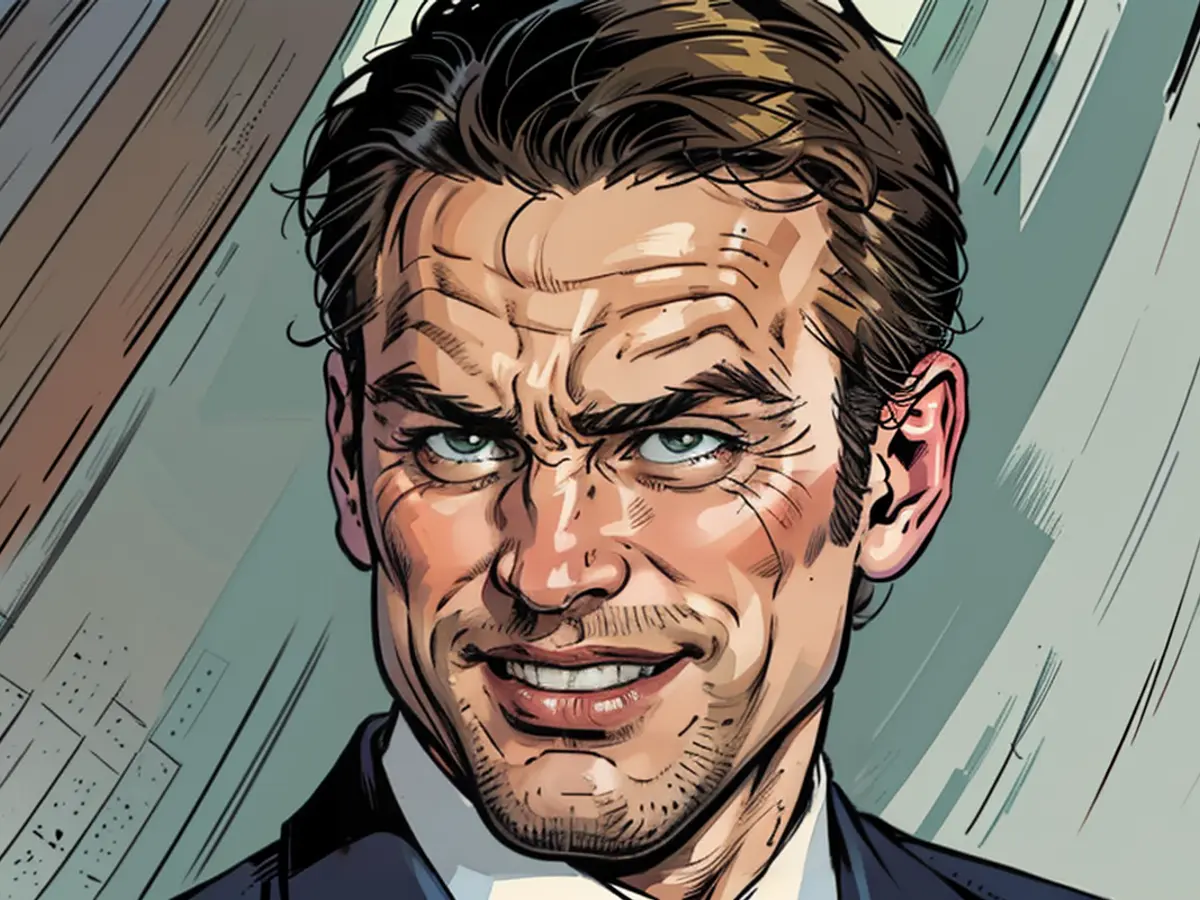- France: Ongoing Government Search without a Clear Conclusion
France is hitting a roadblock. Around eight weeks and numerous discussions later, a new government is still missing post the parliamentary elections. Despite some willingness to collaborate among parties, no one is brave enough to jump over their own shadow. President Emmanuel Macron is feeling the heat.
The challenge in forming a government also stems from France's unique political landscape. For years, one of the political factions has had a clear majority thanks to the robustness of major parties and the majority voting system.
Consequently, coalitions haven't been typical in French politics. And parties that often adopt a confrontational stance in parliament find it tough to consider joining forces despite opposite views. However, this collaboration is necessary as no camp secured an outright majority in the elections.
"Populist Shift"
The core dispute in this political stalemate is the leftist, often populist party La France Insoumise (LFI). LFI is part of the left alliance Nouveau Front Populaire, which emerged victorious in the elections and has since demanded the right to govern. However, other camps wield the threat of toppling such a government through a no-confidence vote - because of LFI.
Due to this, Macron has flatly rejected the left's plans. "Disappointment," "a populist shift," and "a rejection of democracy" is what the alliance alleged afterwards. It feels betrayed by its election victory and believes that Macron aims to continue his policy - regardless of the election outcome.
Referee or Delegator?
Macron, however, views himself as the guardian of institutional stability as the head of state. Installing a prime minister who would be ousted soon isn't an option for him. His discussions are likely to be viewed as a genuine effort to resolve the complex situation where no camp can continue independently. The Élysée repeatedly emphasizes that Macron is merely acting as a referee here.
However, the left perceives the president, who has pushed through his own policy with the government to the end, more as a decider - someone who wants to build a coalition himself instead of delegating this task to a prime minister. LFI even hints at initiating an impeachment procedure against Macron.
Expert Government as a Potential Answer
So, how can France move forward? The conservatives are still hesitant to join a government. Macron's centrist camp is still about 120 seats short of an outright majority, and the left alliance is around 100 seats short. Marine Le Pen's far-right nationalists cannot be considered potential partners for other camps.
Communists, socialists, greens, and LFI continue to insist on governing together. However, internal pressure on the socialists has lately increased for them to return to negotiations with Macron alone and distance themselves from LFI. Macron could potentially win over the greens for a coalition with the center - or alternatively rely on the support of the conservatives.
If everything else fails, Macron has two options left: an expert government or finally leaving it to the prime minister to find his majorities. However, finding such a figure, who is as popular and non-controversial as possible, could be just as challenging as finding a coalition.
The deadlock in forming a new government in France continues due to the opposition from various camps towards collaborating with La France Insoumise, a leftist party often associated with populism. Despite Macron's role as a referee, the left perceives him as a decider, potentially initiating an impeachment procedure against him due to his perceived unwillingness to delegate the coalition formation task to a prime minister.








